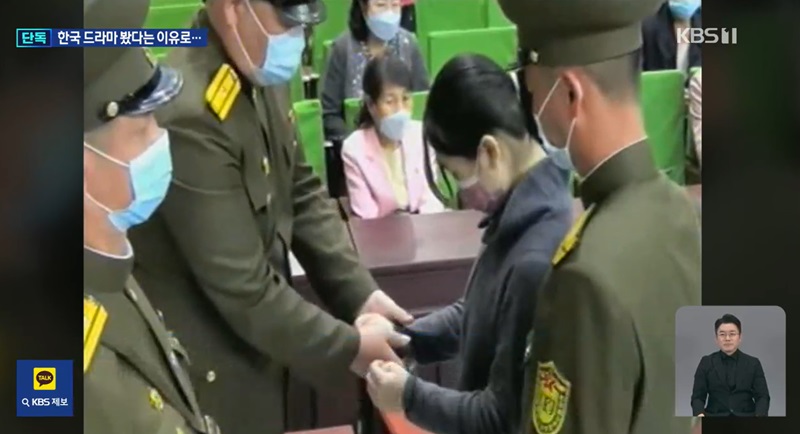The United Nations Office of the High Commissioner for Human Rights (OHCHR) has released a report detailing human rights violations in North Korea, urging the regime to take immediate action.
The report highlights inhumane treatment in detention facilities, suppression of free expression, food insecurity, and the execution of individuals by firing squad for watching or distributing banned media.
On February 5, OHCHR published its findings on North Korea’s human rights abuses, reaffirming its commitment to holding the regime accountable.
“OHCHR continues to gather information on gross human rights violations and possible international crimes that are ongoing in the Democratic People’s Republic of Korea,” the report stated.

“OHCHR is gravely concerned about the widespread impunity and total absence of criminal accountability for human rights violations that may amount to international crimes. It urges the Democratic People’s Republic of Korea to take immediate action to prevent and address those violations.”
Covering the period from November 1, 2022, to October 31, 2024, the report is based on testimonies from 175 North Korean defectors. It documents cases of forced disappearances, abductions, forced labor among overseas workers, and the trafficking of women.
More than half of the defectors interviewed reported experiencing human rights abuses in North Korean detention facilities.
Common violations included forced labor, inhumane conditions, and food shortages inside detention centers.
Regarding freedom of expression, defectors testified that censorship by “109 Sangmu”—an enforcement unit under the Ministry of State Security—has intensified in recent years. The group is responsible for cracking down on illegal videos, including foreign media content, according to the report.
Defectors described how 109 Sangmu regularly wiretaps phones, monitors electronic devices, and conducts warrantless home searches, confiscating unauthorized videos, USB drives, radios, and printed materials while making arrests.
Several defectors reported severe punishments for those caught with prohibited content, including beatings, verbal abuse, public trials, and even public executions.
“Interviewees also told OHCHR that individuals considered ‘criminals’ for accessing or distributing prohibited content were often subjected to public trials reportedly designed to intimidate the population and received disproportionate punishments, including in a few cases execution by firing squad,” the report states.
Defectors overwhelmingly agreed that North Korea’s state-controlled food distribution system has collapsed, with most of the population suffering from severe food shortages. Many cited food scarcity as a primary reason for escaping the country.
The report also noted shifts in defector demographics and escape routes. Before the COVID-19 pandemic, most defectors were women trafficked to neighboring countries, but recently, more male defectors have been identified as overseas laborers seeking to escape.
The report acknowledged that international pressure on North Korea’s human rights record has led to minor improvements, including some security personnel receiving human rights training and slight enhancements in detainee treatment.
However, the overall human rights situation remains critical, the report concluded.
OHCHR stated that it had submitted the report to the North Korean government but received no response.
The office urged the UN, member states, and civil society groups to collaborate in addressing North Korea’s human rights abuses. It also called on the regime to reform its legal system in accordance with international human rights standards, recognize past violations, provide reparations to victims and their families, and ratify relevant human rights treaties.
The biennial report will be presented at the 58th session of the UN Human Rights Council in Geneva, Switzerland, starting on February 24.
BY YOUNGNAM KIM [kim.youngnam@koreadaily.com]




